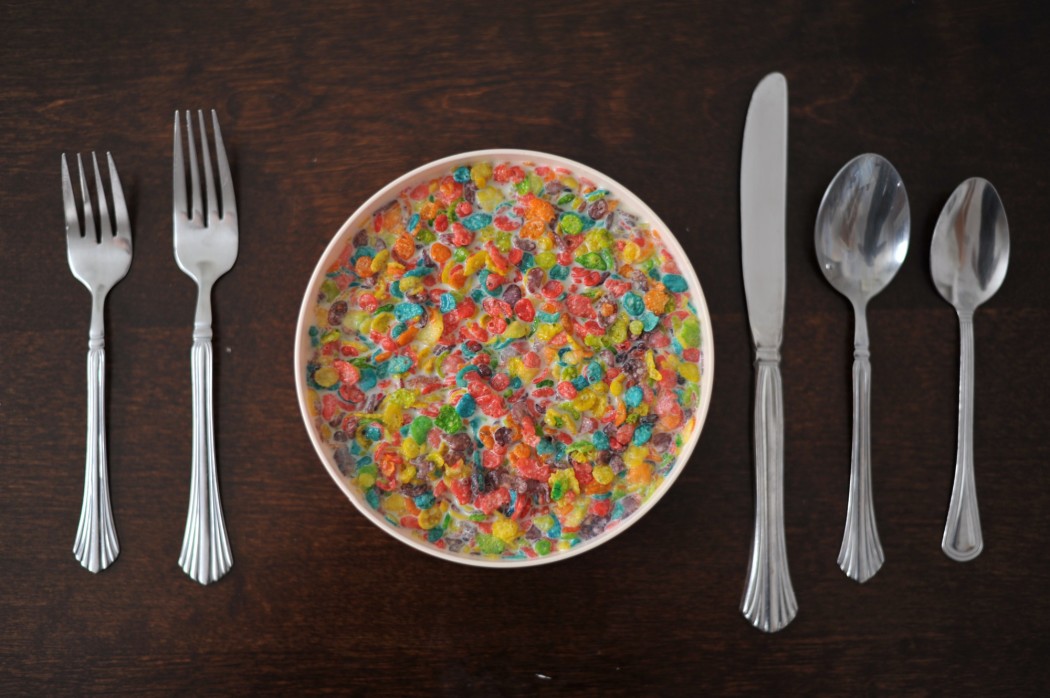What Utah State brings to the plate: Nutrition on campus
With the new year come resolutions and promises of healthier lives, new diet plans, and plots for gaining or losing weight. People often look online, in magazines or television for nutritional and dietary information. But what does the university have to offer students for health needs? Students pay fees towards the Health and Wellness Center, but what does that mean?
“The fee for the student health center is already prepaid. They have already paid for the services here. It doesn’t cost anything to come in and ask a question,” said James Davis, executive director of the student health and wellness center.
With an M.D. and a constant presence in the USU athletic community, Davis is well-practiced in nutrition and health.
At USU, the expert staff of health and wellness seems to all agree: to live a healthy life balance is key.
“Good nutrition, as far as I’m concerned is moderation. I don’t think there is such a thing as bad food. It’s when you eat a lot of anything, it’s bad for you,” said Alan Anderson, the executive director of Dining Services at USU.
“My mission statement would be that I can get people to feel balanced enough with health, with fitness, with food that most of their thoughts could be spent on life,” said Brooke Parker, a registered dietitian who graduated from the USU Coordinated Dietetics program and Utah State’s nutritionist.
A constant urban legend of college life is the Freshman 15, a claim that students who enter their freshman year of college are guaranteed to gain 15 pounds.
“I think it’s an urban legend. There is no data as far as I know that backs that up. I think what happens is when kids come to college one of the biggest challenges they have is stress, and part of stress is just the eating,” Anderson said.
It’s often about the stress of a new lifestyle, and not a forced lifestyle itself that causes it.
“I do not believe in it… I feel like the freshman 15 only occurs if major lifestyle habits change,” Parker said.
“The idea of the freshman 15 is that young women in particular gain weight during their freshman year and when you examine that, you find out that is not really the case. That it’s not the majority, it’s even a very small minority of young men and young women,” Davis said.
While the freshman fifteen is without merit, there are common factors that contribute to unhealthy nutrition. Whether it be weight fluctuation or eating disorders, we can see select constants throughout students.
“Half our students get married, and I think that marriage causes changes in where you eat and what you eat and how you eat and so many people are even introduced to change because of their relationship,” Davis said.
“So many of the people I get, especially those tormented by food, tell me that roughly 90 percent of their thoughts revolve around food and health,” Parker said.
With the freshman 15 being a certified tall-tale, what other myths about health are students following? There are hundreds of popular diets and supplements that alternate over time.
“The carb myth kills me, it’s actually the body’s number one fuel source for the brain. The brain thrives off of recurring and frequent blood sugars,” Parker said.
And feeling the need to have overload on vitamins instead of carbs is also a myth.
“For healthy college students with no metabolic errors and not on a restricted diet… you do not need any supplements. At all,” Davis said.
Timing of eating is another common health myth. It’s more about what someone takes in than when or how, Parker said.
Nutrition is knowledge. Often students have questions, but rarely know where to direct them. Rumors spread by word-of-mouth and eventually campuses are filled with theories without substance.
“We get a bad reputation sometimes because people say we provide unhealthy food, but we provide what people want,” Anderson said.
To the Utah State staff, education is key when it comes to helping improve overall student nutrition.
“If I had unlimited resources, one of the first things I would do is really try and invest in more nutritional information. And that is something we are working on now through a new program,” Anderson said.
But there are some resources students can access now to help better understand being healthy.
“We have a website, usu.edu/nutrition, that’s a website they can go to. There are recipes, handout information, athletic information they can access,” Parker said.
— saraalbertson13@gmail.com

